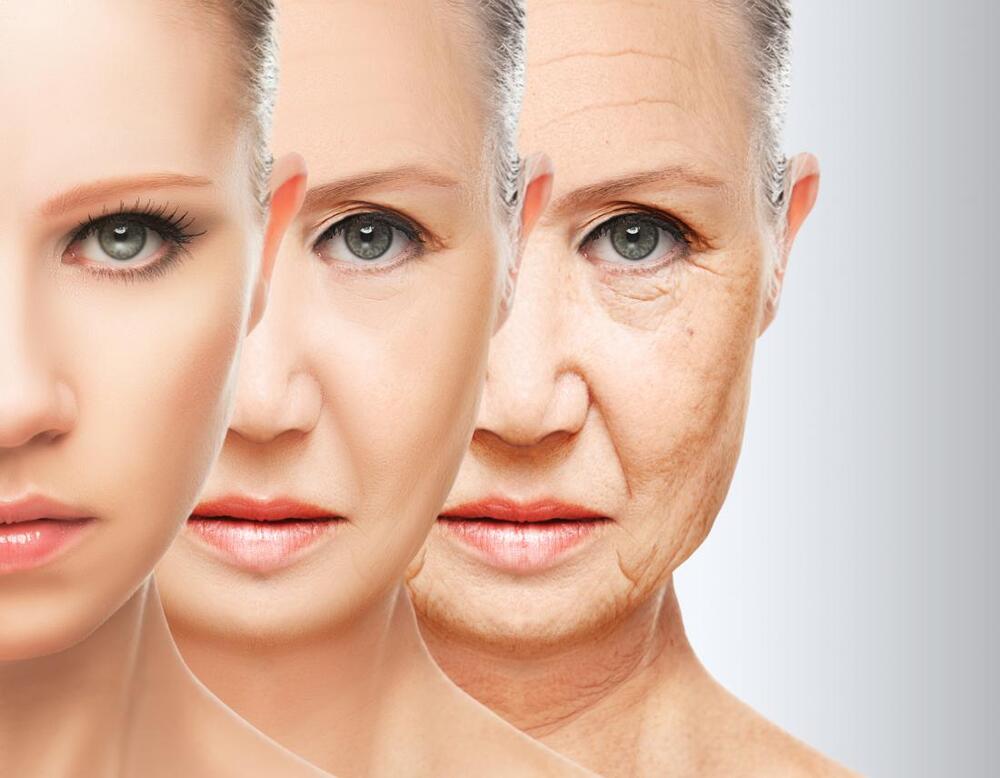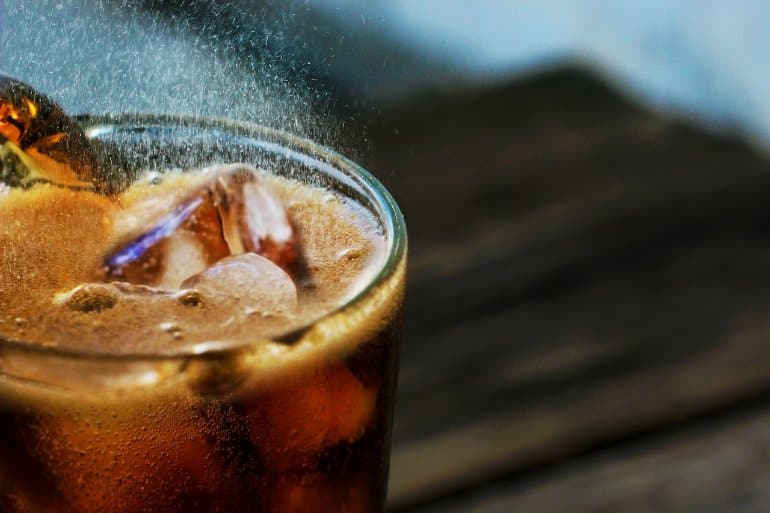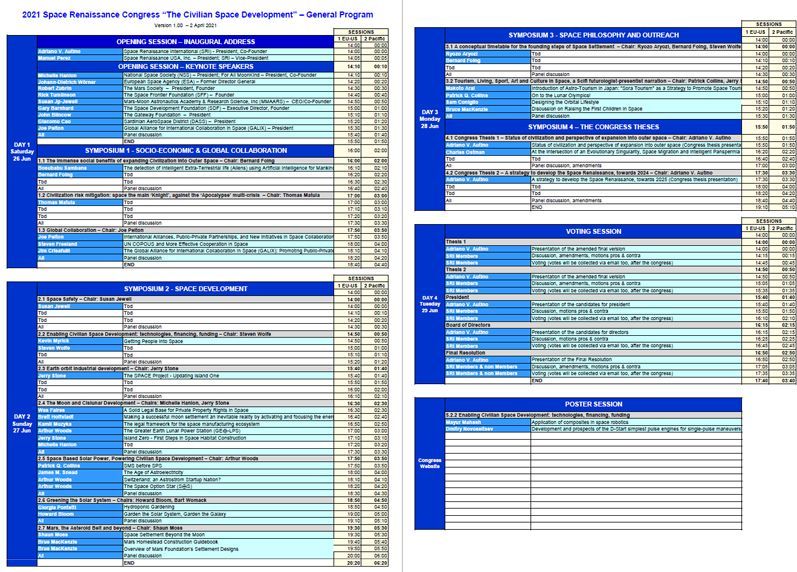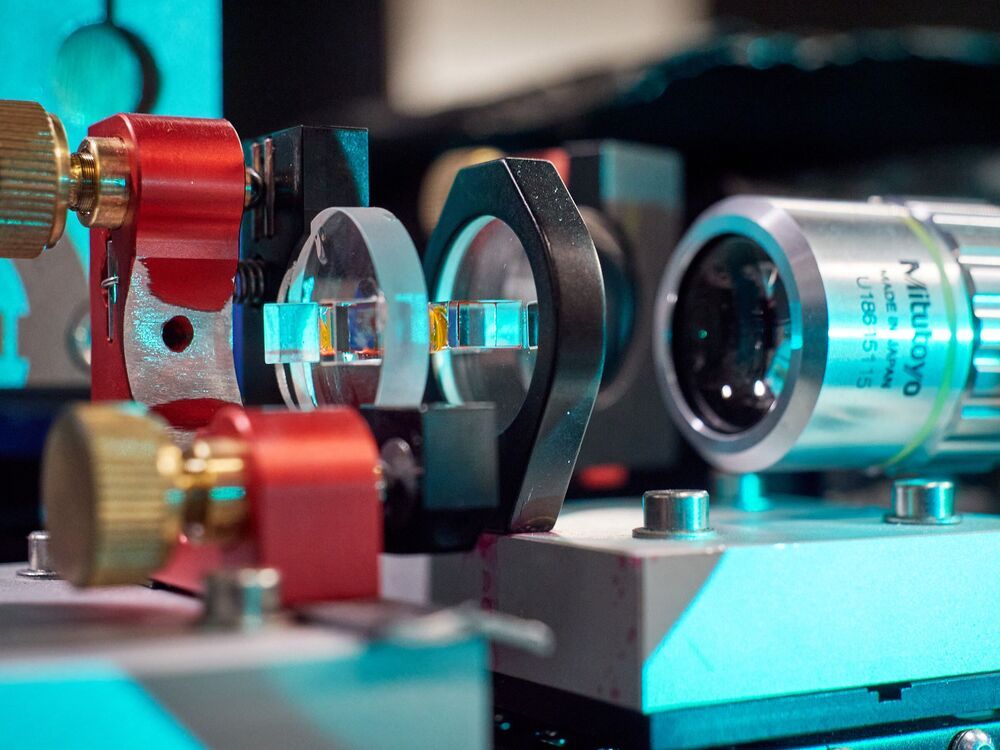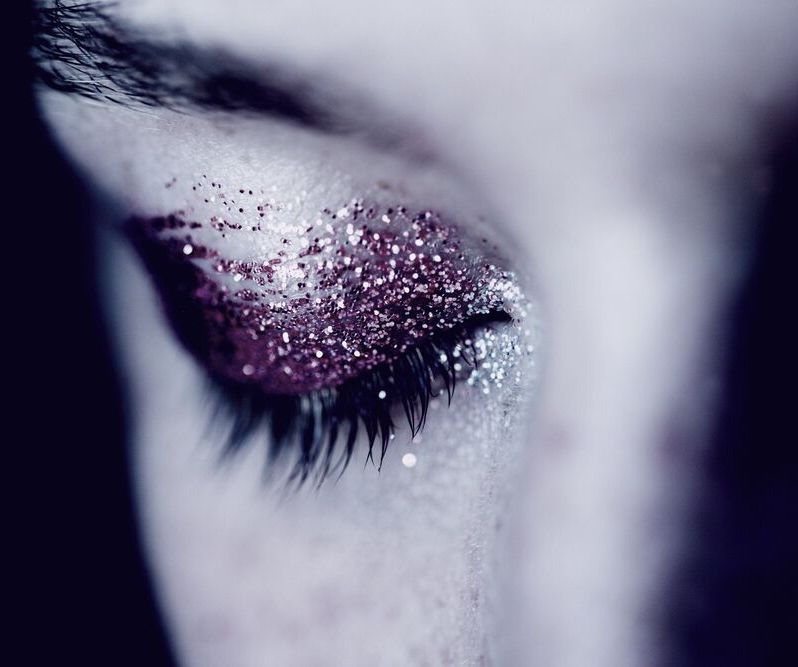About 10 years ago, researchers at the University of Bonn produced an extreme aggregate photon state, a single “super-photon” made up of many thousands of individual light particles, and presented a completely new light source. The state is called an optical Bose-Einstein condensate and has captivated many physicists ever since, because this exotic world of light particles is home to its very own physical phenomena. Researchers led by Prof. Dr. Martin Weitz, who discovered the super photon, and theoretical physicist Prof. Dr. Johann Kroha now report a new observation: a so-called overdamped phase, a previously unknown phase transition within the optical Bose-Einstein condensate. The study has been published in the journal Science.
The Bose-Einstein condensate is an extreme physical state that usually only occurs at very low temperatures. The particles in this system are no longer distinguishable and are predominantly in the same quantum mechanical state; in other words, they behave like a single giant “superparticle.” The state can therefore be described by a single wave function.
In 2010, researchers led by Martin Weitz succeeded for the first time in creating a Bose-Einstein condensate from light particles (photons). Their special system is still in use today: Physicists trap light particles in a resonator made of two curved mirrors spaced just over a micrometer apart that reflect a rapidly reciprocating beam of light. The space is filled with a liquid dye solution, which serves to cool down the photons. The dye molecules “swallow” the photons and then spit them out again, which brings the light particles to the temperature of the dye solution—equivalent to room temperature. The system makes it possible to cool light particles because their natural characteristic is to dissolve when cooled.
